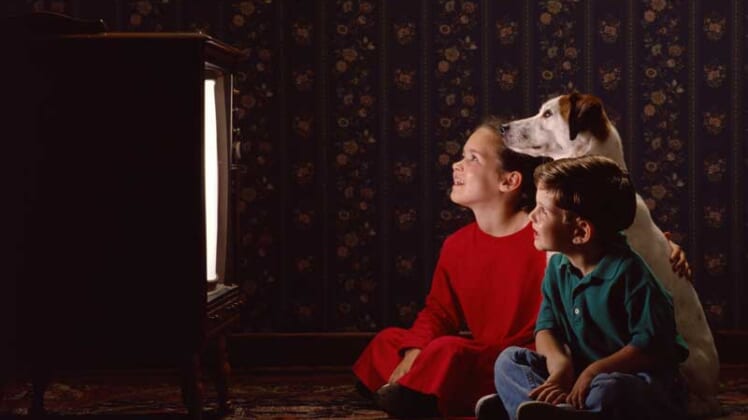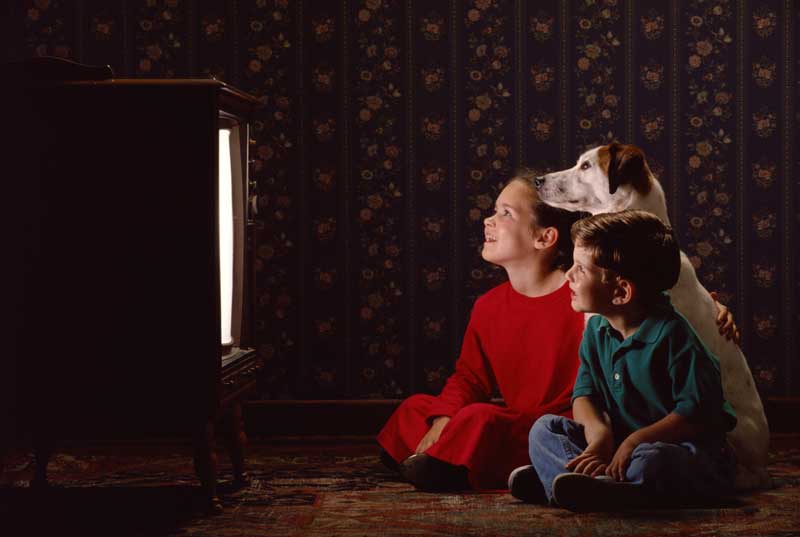
On a list of 16 values, fame has jumped dramatically from the fifteenth spot to the first spot in a mere 10 years. Meanwhile, benevolence fell from second to thirteenth in the same time period, and tradition dropped from fourth to fifteenth.
“I was shocked, especially by the dramatic changes in the last 10 years,” said Yalda Uhls, a UCLA doctoral student in developmental psychology and the lead author of the study. “I thought fame would be important but did not expect this drastic an increase or such a dramatic decrease in other values, such as community feeling. If you believe that television reflects the culture, as I do, then American culture has changed drastically.”
Community feeling held the number one spot ten years ago (and has since 1967 actually), and now it isn’t even in the top ten. It’s the eleventh.
“The rise of fame in preteen television may be one influence in the documented rise of narcissism in our culture,” said the study’s senior author, Patricia Greenfield, a UCLA professor of psychology. “Popular television shows are part of the environment that causes the increased narcissism, but they also reflect the culture. They both reflect it and serve as a powerful socialization force for the next generation.”
Today’s top five values are fame, achievement, popularity, image and financial success. Ten years ago, the top values were community feeling, benevolence (being kind and helping others), image, tradition and self-acceptance.
Researchers have been studying the television data for nearly 40 years now. They say this past decade has seen the most dramatic changes out of any other – and coincided with the growing popularity of social networking sites.
“The biggest change occurred from 1997 to 2007, when YouTube, Facebook and Twitter exploded in popularity,” Uhls said. “Their growth parallels the rise in narcissism and the drop in empathy among college students in the United States, as other research has shown. We don’t think this is a coincidence. Changes we have seen in narcissism and empathy are being reflected on television.”
“In the past, children had their home, community and school,” she added, “now they have thousands of ‘friends’ who look at their photos and their posts and comment on them. The growth of social media gives children access to an audience beyond the school grounds.”
The values reflected on television haven’t gone unnoticed by children either. In a follow up study, Uhls and Greenfield interviewed 20 children and found that fame was a high priority goal for most of them, and they were keenly aware of the size of their social network.

